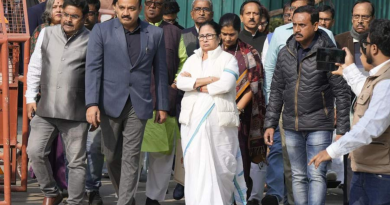Dhaka-Delhi flavor of ties to surface post the outcome of Sheikh Hasina’s visit to China
Indian officials are closely monitoring Bangladeshi Prime Minister Sheikh Hasina’s visit to China from July 8 to 11, given the potential implications for New Delhi-Dhaka ties
Despite re-election support from India, Sheikh Hasina’s engagement with China raises concerns, particularly over the Teesta River water-sharing treaty, which India has failed to finalize since 2011. China’s offer to fund the Teesta River Comprehensive Management and Restoration Project (TRCMRP) contrasts with India’s vague commitments, prompting Dhaka to weigh its options. Bangladesh’s strategic decision on Teesta, whether to collaborate with China or India, will have significant regional repercussions. During her recent visit to India, Hasina received a proposal for Teesta from India, but China’s readiness to back TRCMRP remains appealing. While Dhaka has been negotiating with China’s Power Construction Company for years, it has delayed approval to avoid straining ties with New Delhi.
Apart from Teesta, Sheikh Hasina’s agenda in China includes seeking assistance for the repatriation of over a million Rohingya refugees to Myanmar. The Modi government’s reluctance to pressure Myanmar’s junta on this issue has strained relations, making Chinese support more attractive to Bangladesh. Furthermore, despite India’s opposition, Hasina’s visit is likely to reinforce Bangladesh’s participation in China’s Belt and Road Initiative and enhance military cooperation, including arms imports. The delicate balance in Bangladesh’s foreign relations, inspired by Mujibur Rahman’s principle of “friendship with all and malice towards none,” will be tested. While Dhaka values its ties with India, the pragmatic choice may involve leveraging China’s robust economic and strategic offers. Hasina’s maneuvering will shape the future of South Asian geopolitics as India watches closely, aware that a pivot towards China could significantly alter the regional power dynamics.




